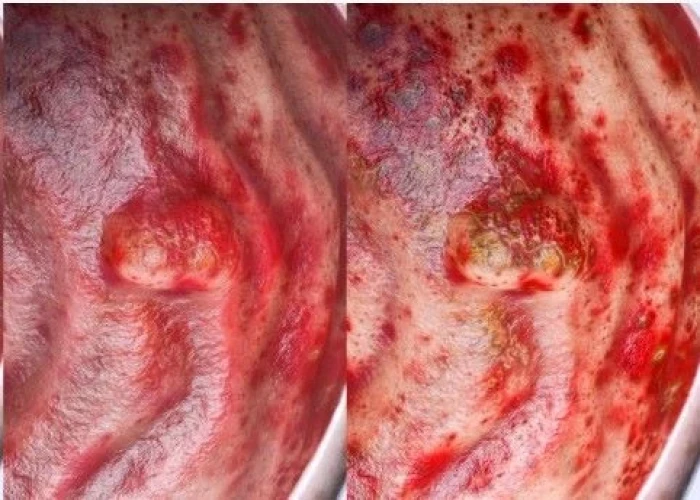 Welcome
Welcome
“May all be happy, may all be healed, may all be at peace and may no one ever suffer."
Peptic ulcer
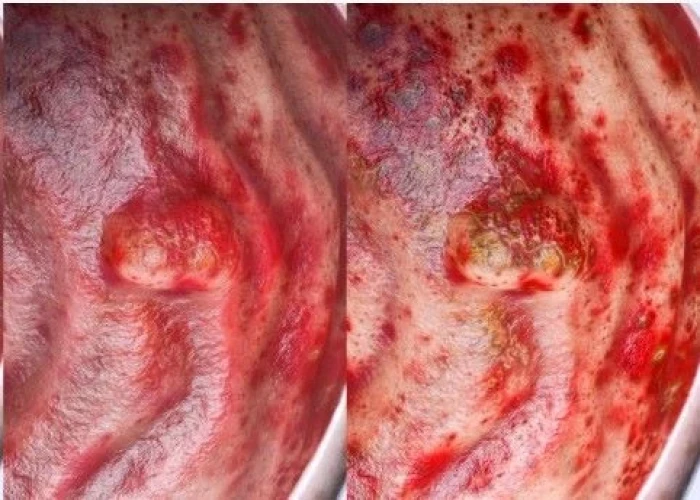
A peptic ulcer is a sore that forms in the lining of the stomach, the lower part of the esophagus, or the upper part of the small intestine (duodenum). The most common cause of peptic ulcers is a bacterial infection of the stomach called Helicobacter pylori (H. pylori). Other causes may include long-term use of nonsteroidal anti-inflammatory drugs (NSAIDs), such as aspirin and ibuprofen, excessive alcohol consumption, and smoking.
Symptoms of peptic ulcers may include:
- Burning pain in the stomach or upper abdomen, usually between meals or during the night
- Nausea and vomiting
- Loss of appetite and weight loss
- Feeling of fullness or bloating
- Dark or black stools (indicating bleeding in the stomach)
If left untreated, peptic ulcers can lead to serious complications, such as bleeding or perforation of the stomach or intestine.
The diagnosis of peptic ulcer is usually made by a gastroenterologist through a combination of medical history, physical examination, and diagnostic tests, such as endoscopy or upper gastrointestinal series.
Treatment of peptic ulcer depends on the underlying cause. If the ulcer is caused by H. pylori infection, a combination of antibiotics and acid-suppressing medications, such as proton pump inhibitors (PPIs), is typically prescribed. If the ulcer is caused by NSAIDs, the use of these medications may need to be stopped or reduced. Lifestyle changes, such as avoiding spicy or acidic foods, may also be recommended.
Most peptic ulcers heal with proper treatment, but in some cases, they may recur or become chronic. Long-term management may involve regular use of acid-suppressing medications, as well as periodic monitoring by a healthcare professional.
Research Papers
Disease Signs and Symptoms
- Burning stomach pain
- Abdomen bloating
- Heartburn
- Nausea or vomiting
- Blood vomiting
- Black, tarry or bloody stools
- Difficulty breathing (dyspnea)
- Weight loss
Disease Causes
Peptic ulcer
Peptic ulcers occur when acid in the digestive tract eats away at the inner surface of the stomach or small intestine. The acid can create a painful open sore that may bleed.
Your digestive tract is coated with a mucous layer that normally protects against acid. But if the amount of acid is increased or the amount of mucus is decreased, you could develop an ulcer.
Common causes include:
- A bacterium. Helicobacter pylori bacteria commonly live in the mucous layer that covers and protects tissues that line the stomach and small intestine. Often, the H. pylori bacterium causes no problems, but it can cause inflammation of the stomach's inner layer, producing an ulcer.
- It's not clear how H. pylori infection spreads. It may be transmitted from person to person by close contact, such as kissing. People may also contract H. pylori through food and water.
- Regular use of certain pain relievers. Taking aspirin, as well as certain over-the-counter and prescription pain medications called nonsteroidal anti-inflammatory drugs (NSAIDs) , can irritate or inflame the lining of your stomach and small intestine. These medications include ibuprofen (Advil, Motrin IB, others), naproxen sodium (Aleve, Anaprox DS, others), ketoprofen and others. They do not include acetaminophen (Tylenol, others).
- Other medications. Taking certain other medications along with NSAIDs, such as steroids, anticoagulants, low-dose aspirin, selective serotonin reuptake inhibitors (SSRIs), alendronate (Fosamax) and risedronate (Actonel), can greatly increase the chance of developing ulcers.
Disease Prevents
Peptic ulcer
You may reduce your risk of peptic ulcer if you follow the same strategies recommended as home remedies to treat ulcers. It also may be helpful to:
- Protect yourself from infections. It's not clear just how H. pylori spreads, but there's some evidence that it could be transmitted from person to person or through food and water.
- You can take steps to protect yourself from infections, such as H. pylori, by frequently washing your hands with soap and water and by eating foods that have been cooked completely.
- Use caution with pain relievers. If you regularly use pain relievers that increase your risk of peptic ulcer, take steps to reduce your risk of stomach problems. For instance, take your medication with meals.
- Work with your doctor to find the lowest dose possible that still gives you pain relief. Avoid drinking alcohol when taking your medication, since the two can combine to increase your risk of stomach upset.
- If you need an NSAID, you may need to also take additional medications such as an antacid, a proton pump inhibitor, an acid blocker or cytoprotective agent. A class of NSAIDs called COX-2 inhibitors may be less likely to cause peptic ulcers, but may increase the risk of heart attack.
Disease Treatments
Treatment for peptic ulcers depends on the cause. Usually treatment will involve killing the H. pylori bacterium if present, eliminating or reducing use of NSAIDs if possible, and helping your ulcer to heal with medication.
Medications can include:
- Antibiotic medications to kill H. pylori. If H. pylori is found in your digestive tract, your doctor may recommend a combination of antibiotics to kill the bacterium. These may include amoxicillin (Amoxil), clarithromycin (Biaxin), metronidazole (Flagyl), tinidazole (Tindamax), tetracycline and levofloxacin.
- The antibiotics used will be determined by where you live and current antibiotic resistance rates. You'll likely need to take antibiotics for two weeks, as well as additional medications to reduce stomach acid, including a proton pump inhibitor and possibly bismuth subsalicylate (Pepto-Bismol).
- Medications that block acid production and promote healing. Proton pump inhibitors — also called PPIs — reduce stomach acid by blocking the action of the parts of cells that produce acid. These drugs include the prescription and over-the-counter medications omeprazole (Prilosec), lansoprazole (Prevacid), rabeprazole (Aciphex), esomeprazole (Nexium) and pantoprazole (Protonix).
- Long-term use of proton pump inhibitors, particularly at high doses, may increase your risk of hip, wrist and spine fracture. Ask your doctor whether a calcium supplement may reduce this risk.
- Medications to reduce acid production. Acid blockers — also called histamine (H-2) blockers — reduce the amount of stomach acid released into your digestive tract, which relieves ulcer pain and encourages healing.
- Available by prescription or over the counter, acid blockers include the medications famotidine (Pepcid AC), cimetidine (Tagamet HB) and nizatidine (Axid AR).
- Antacids that neutralize stomach acid. Your doctor may include an antacid in your drug regimen. Antacids neutralize existing stomach acid and can provide rapid pain relief. Side effects can include constipation or diarrhea, depending on the main ingredients.
- Antacids can provide symptom relief but generally aren't used to heal your ulcer.
- Medications that protect the lining of your stomach and small intestine. In some cases, your doctor may prescribe medications called cytoprotective agents that help protect the tissues that line your stomach and small intestine.
- Options include the prescription medications sucralfate (Carafate) and misoprostol (Cytotec).
Follow-up after initial treatment
Treatment for peptic ulcers is often successful, leading to ulcer healing. But if your symptoms are severe or if they continue despite treatment, your doctor may recommend endoscopy to rule out other possible causes for your symptoms.
If an ulcer is detected during endoscopy, your doctor may recommend another endoscopy after your treatment to make sure your ulcer has healed. Ask your doctor whether you should undergo follow-up tests after your treatment.
Ulcers that fail to heal
Peptic ulcers that don't heal with treatment are called refractory ulcers. There are many reasons why an ulcer may fail to heal, including:
- Not taking medications according to directions
- The fact that some types of H. pylori are resistant to antibiotics
- Regular use of tobacco
- Regular use of pain relievers — such as NSAIDs — that increase the risk of ulcers
Less often, refractory ulcers may be a result of:
- Extreme overproduction of stomach acid, such as occurs in Zollinger-Ellison syndrome
- An infection other than H. pylori
- Stomach cancer
- Other diseases that may cause ulcerlike sores in the stomach and small intestine, such as Crohn's disease
Treatment for refractory ulcers generally involves eliminating factors that may interfere with healing, along with using different antibiotics.
If you have a serious complication from an ulcer, such as acute bleeding or a perforation, you may require surgery. However, surgery is needed far less often now than previously because of the many effective medications available.
Disease Diagnoses
Disease Allopathic Generics
-
Hyoscine Butylbromide
Medicines containing hyoscine-n-butyl bromide for excessive abdominal pain.
1 ampoule can be injected into the flesh. After 4/6 hours if necessary. Painkillers can be given again when the pain subsides. 1/2 pill 3 times a day.
-
Oxyphenonium Bromide
1/4, 1/2, 1 pill 3 times a day before meals.
-
Ketoprofen (Oral & injection)
100mg can be injected into the flesh for general pain. Can be given again after 12 hours if needed. 2 times a day.
-
Metoclopramide Hydrochloride
1 pill 3 times a day 5/10 minutes before meals.
Syrup: 1/2 before meals, 1 spoon 3 times a day.
Injections: In the form of injections for those whose pain is not relieved by pills. 1 injection 1/2 time a day.
-
Metoclopramide Hydrochloride
Medicines containing domperidone for heartburn, nausea, vomiting and abdominal heaviness.
1+1+1 15 minutes before meal. It is better not to give liquid with this medicine.
-
Ranitidine Hydrochloride
Currently, Ranitidine group of drugs are widely used.
1 pill (150mg) 2 times a day after meals or 1 pill of 300mg after meals only at night for 4-8 weeks. Maintenance dose 1 pill (150mg) at night after meal. Not to be given to anyone under 8 years of age.
-
Sucralfate
In the treatment of duodenal ulcers, gastric ulcers and chronic gastritis etc., smokers can also be successfully treated with Sucralfate 500 mg. The effect of smoking on ulcer recurrence is minimal in patients and smokers who are on sucralfate therapy.
-
Famotidine
A maximum dose of 8 grams per day can be given.
Typically 4 to 6 weeks of treatment are required for wound healing. But resistant patients may require up to 12 weeks of treatment.
It should not be given to pregnant mothers or young children.
-
Roxatidine
Used in duodenal ulcers, severe gastric ulcers and esophagitis.
1 pill of 75mg in the morning and 1 pill at night 1+0+1 (4 weeks) or 1 pill of 150mg at night. Do not chew the pill, swallow it.
-
Omeprazole
Acute and chronic duodenal ulcers and gastric ulcers are completely curable. So is the drug containing omiprazole.
1 every morning 2 hours after breakfast and 1 at night after meals at the same time for 2 months.
-
Omeprazole
Acute and chronic duodenal ulcers and gastric ulcers are completely curable.
1 every morning 2 hours after breakfast and 1 at night after meals at the same time for 2 months.
-
Pantoprazole Sodium Sesquihydrate
Acute and chronic duodenal ulcers and gastric ulcers are completely curable.
1 every morning 2 hours after breakfast and 1 at night after meals at the same time for 2 months.
-
Albendazole
For gas in liquid form.
-
Aluminium Hydroxide + Magnesium Hydroxide
A double-strength simethicone formulation to relieve heartburn, heartburn, flatulence and gas.
1/2 hour after meals, take 2 spoons of medicine 3 times a day.
-
Dextrose
If the patient is very weak or de-hydrated.
500/1000cc per minute 50/60 drops should be given in the patient's vein and it is better to give 2cc to 6cc of vitamin B complex and Injection Ascoson 1.
-
Magnesium Hydroxide
If the toilet is unclean.
2/4 teaspoon of the medicine should be taken at night before going to bed.
Under 1 year 1/2 spoon, 1-5 years 1 spoon 6-12 years 2 spoon and adults 4 spoon 1 time at night.
-
Vitamin B complex
Medicines containing vitamins for body weakness.
2 spoons 3 times a day after meals.
Disease Ayurvedic Generics
Disease Homeopathic Generics
Disease yoga
Peptic ulcer and Learn More about Diseases

Brain tumor
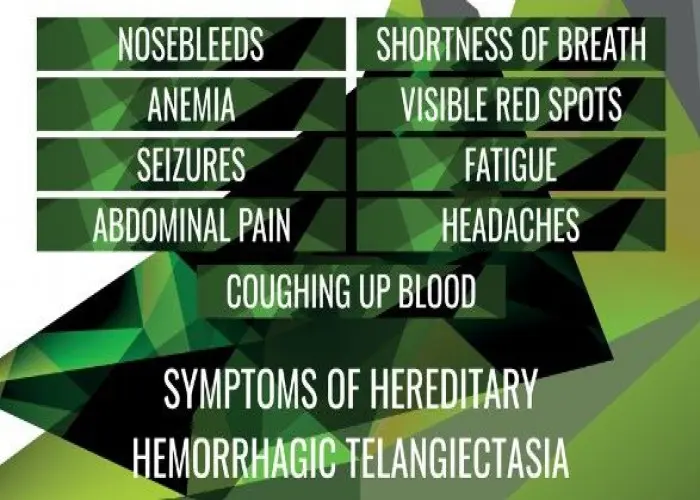
Hereditary hemorrhagic telangiectasia
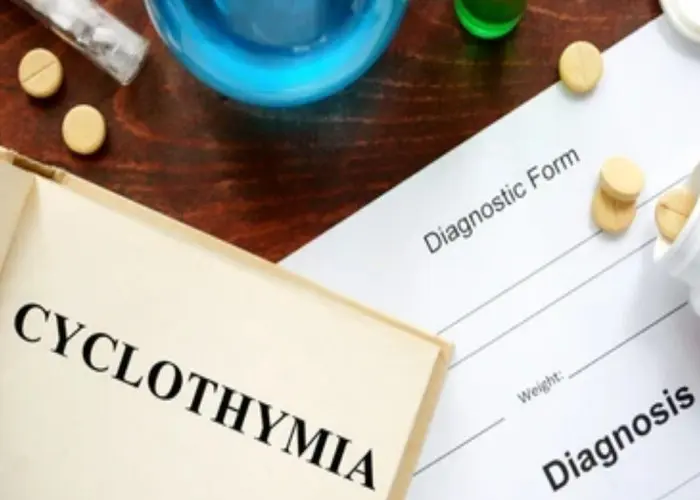
Cyclothymia (Cyclothymic Disorder)
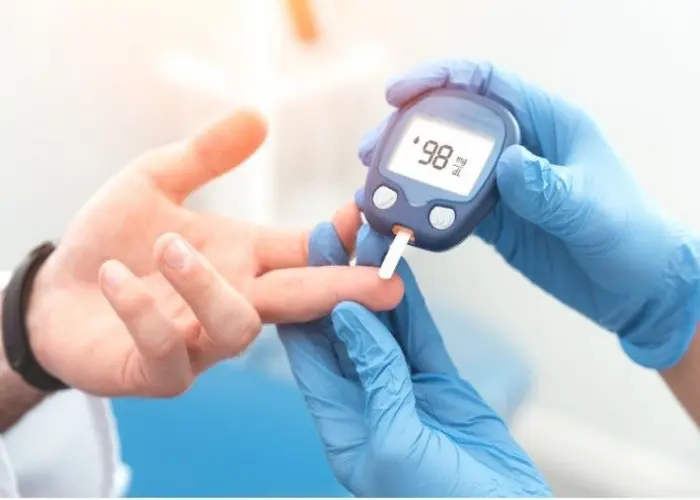
Diabetes

Compulsive gambling

Sweet's syndrome
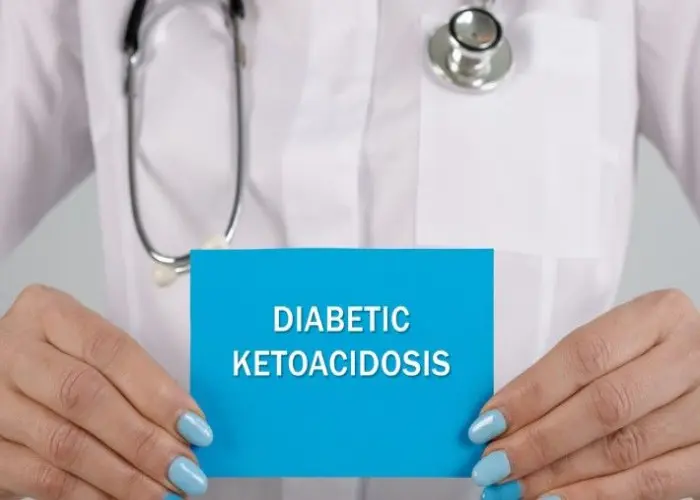
Diabetic ketoacidosis (DKA)
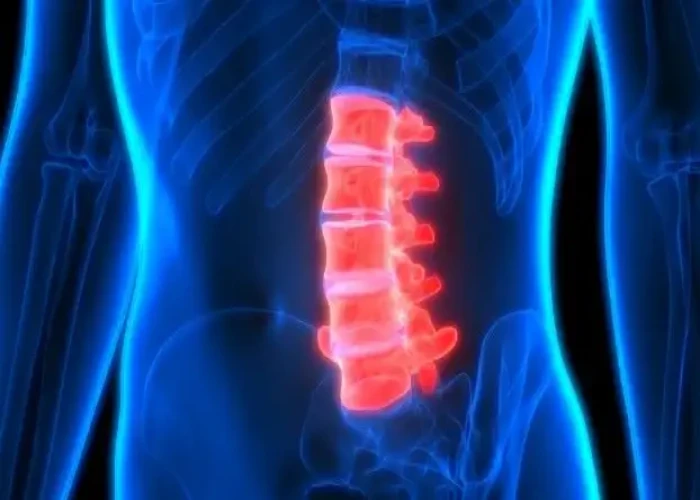
Spinal cord injury
peptic ulcer, পাকস্থলীর ক্ষত
To be happy, beautiful, healthy, wealthy, hale and long-lived stay with DM3S.
